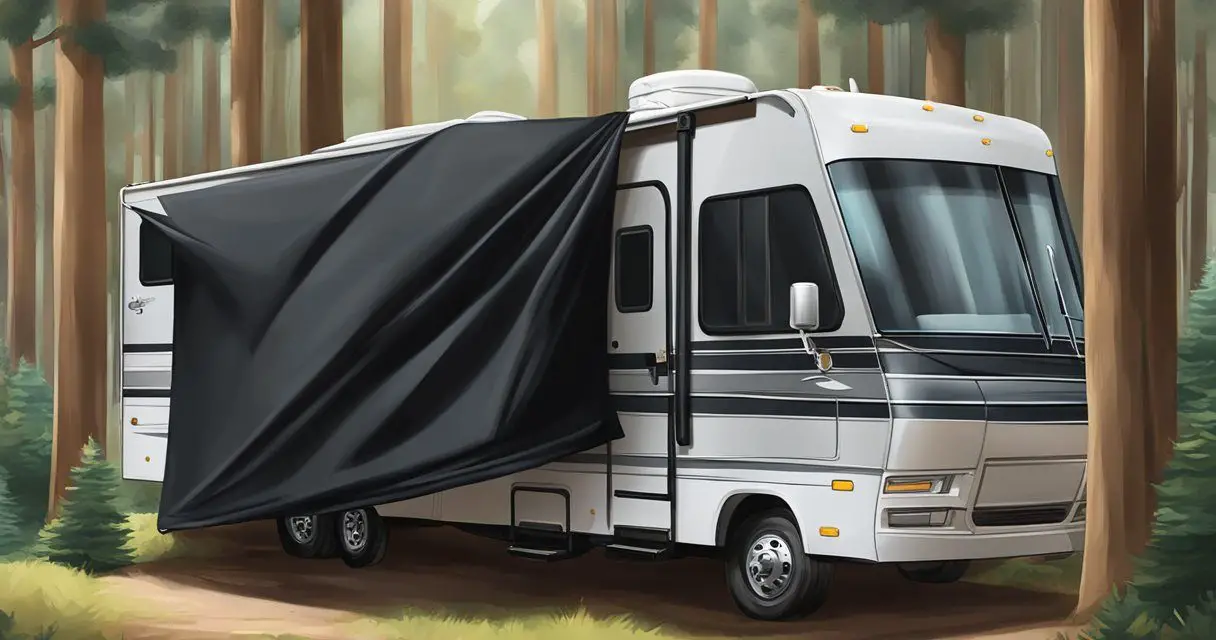When it comes to taking care of your RV, opinions can vary as widely as the landscapes we travel through. In our latest newsletter, we posed a simple yet divisive question to our readers: “Do you use an RV cover when not in use?” This topic sparked quite a bit of interest and debate among our RV community. Remember, your participation in these polls is crucial, so don’t forget to vote and be a part of our ongoing results and findings. Now, let’s dive into what our readers had to say about this particular question.
Poll Results: To Cover or Not to Cover?
The results are in, and they might surprise you—or not, depending on where you stand on the great RV cover debate.
- A mere 26% of our readers voted “Yes,” indicating they use an RV cover when their vehicle is not in use.
- On the other hand, a whopping 74% voted “No,” suggesting they prefer to let their RVs bask in the elements.
Clearly, the majority of our readers are either confident in their RV’s resilience or perhaps just enjoy giving Mother Nature a run for her money.
The Great RV Cover Debate
So, why do some RV owners swear by their covers while others wouldn’t dream of using one? The 26% who use RV covers likely appreciate the added protection from sun damage, rain, and bird droppings. After all, nothing says “Welcome back to your RV” like a windshield decorated by our feathered friends. On the flip side, the 74% who don’t use covers might argue that RVs are built to withstand the elements, and covering them is just an unnecessary hassle. Plus, have you ever tried to wrestle an RV cover into place on a windy day? It’s like trying to put a fitted sheet on a trampoline.
The Verdict: Why the Results Came In As They Did
So, why did the majority vote against using RV covers? One possible reason is the convenience factor. Let’s face it, covering an RV is no small task, and many owners might find it more trouble than it’s worth. Additionally, some RV enthusiasts believe that modern RVs are designed to handle weather conditions without needing extra protection. They might see covers as an outdated solution, especially with advancements in RV materials and construction. Lastly, there could be a bit of optimism at play—after all, who wants to think about their next adventure being delayed by a cover that’s frozen solid or soaked through?
In conclusion, whether you’re Team Cover or Team No Cover, the most important thing is that you’re out there enjoying your RV adventures. And remember, your input is invaluable, so make sure to participate in our future polls. Happy travels!







